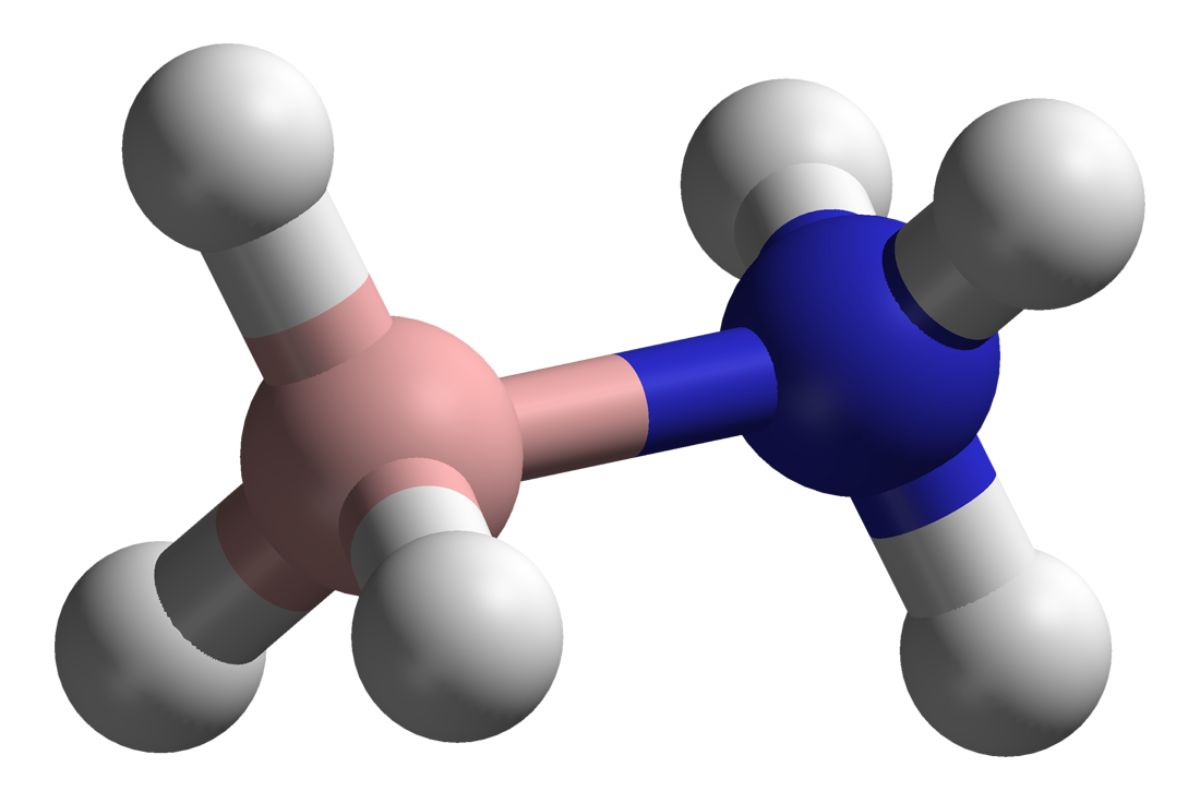
Borane might sound like a term straight out of a chemistry textbook, but it's more fascinating than you might think. This compound, consisting of boron and hydrogen, plays a crucial role in various scientific fields. From rocket fuels to cancer treatments, borane's applications are as diverse as they are vital. Did you know that borane compounds are used in organic synthesis to create complex molecules? Or that they can act as reducing agents in chemical reactions? Whether you're a science enthusiast or just curious about the world around you, these 50 facts about borane will spark your interest and expand your knowledge. Let's dive into the intriguing world of borane and uncover its many secrets!
Key Takeaways:
- Borane, a compound of boron and hydrogen, is highly reactive and used in rocket fuel, pharmaceuticals, and nanotechnology. It requires careful handling due to its flammability and potential for causing burns.
- The discovery of borane by Alfred Stock in the early 20th century has led to advancements in inorganic chemistry and the development of new chemical theories. Borane continues to inspire intense research and discovery in the field of chemistry.
What is Borane?
Borane is a fascinating compound with unique properties and uses. Let's dive into some intriguing facts about this chemical marvel.
- Borane is a compound of boron and hydrogen.
- Its chemical formula is BH₃.
- Borane is highly reactive and unstable in its pure form.
- It is often found in the form of diborane (B₂H₆) due to its instability.
- Diborane is a colorless gas with a sweet odor.
- Borane compounds are used in organic synthesis.
- They are important in hydroboration reactions.
- Hydroboration is a method to add boron and hydrogen to alkenes.
- Borane can form complex structures with other elements.
- It is used in rocket fuel as a high-energy propellant.
Historical Background of Borane
Understanding the history of borane helps appreciate its significance in chemistry and industry.
- Borane was first discovered in the early 20th century.
- Alfred Stock, a German chemist, played a key role in its discovery.
- Stock's work on boranes earned him recognition in the scientific community.
- The study of boranes led to advancements in inorganic chemistry.
- Borane research contributed to the development of new chemical theories.
- The discovery of borane compounds opened up new possibilities in chemical synthesis.
- Borane chemistry has evolved significantly since its discovery.
- Modern techniques have improved the stability and handling of borane compounds.
- Borane research continues to be an active area of study.
- New borane compounds are still being discovered and characterized.
Applications of Borane
Borane's unique properties make it valuable in various fields. Here are some of its applications.
- Borane is used in the pharmaceutical industry.
- It helps in the synthesis of complex organic molecules.
- Borane compounds are used in the production of antibiotics.
- They play a role in the creation of anti-cancer drugs.
- Borane is used in the manufacture of polymers.
- It helps in the production of high-performance materials.
- Borane compounds are used in the electronics industry.
- They are involved in the production of semiconductors.
- Borane is used in the field of nanotechnology.
- It helps in the creation of nanomaterials with unique properties.
Safety and Handling of Borane
Due to its reactivity, borane requires careful handling. Here are some safety facts.
- Borane is highly flammable.
- It can ignite spontaneously in air.
- Borane should be stored in a cool, dry place.
- It should be handled in a well-ventilated area.
- Protective equipment is necessary when working with borane.
- Borane can cause severe burns upon contact with skin.
- Inhalation of borane vapors can be harmful.
- Proper training is essential for handling borane safely.
- Emergency procedures should be in place when working with borane.
- Borane waste must be disposed of according to regulations.
Interesting Facts about Borane
Here are some lesser-known but fascinating facts about borane.
- Borane can form clusters with unique geometries.
- Some borane clusters have icosahedral shapes.
- Borane compounds can exhibit unusual bonding patterns.
- They can form multi-center bonds.
- Borane chemistry has inspired new theories in bonding.
- Borane compounds can act as catalysts in chemical reactions.
- They can facilitate reactions that are difficult to achieve otherwise.
- Borane is used in the study of reaction mechanisms.
- It helps chemists understand how reactions proceed.
- Borane continues to be a subject of intense research and discovery.
The Final Word on Boranes
Boranes, with their unique chemical properties and applications, are fascinating. These compounds, made of boron and hydrogen, have intrigued scientists for decades. Their ability to form complex structures makes them valuable in research and industry. From rocket fuels to cancer treatments, boranes play a crucial role in various fields. Understanding their reactivity and bonding can lead to new technological advancements.
While boranes might seem complex, their impact is undeniable. They offer a glimpse into the potential of chemical innovation. As we continue to explore their capabilities, who knows what other breakthroughs await? Keep an eye on boranes; they might just be the key to the next big thing in science and technology.
Frequently Asked Questions
Was this page helpful?
Our commitment to delivering trustworthy and engaging content is at the heart of what we do. Each fact on our site is contributed by real users like you, bringing a wealth of diverse insights and information. To ensure the highest standards of accuracy and reliability, our dedicated editors meticulously review each submission. This process guarantees that the facts we share are not only fascinating but also credible. Trust in our commitment to quality and authenticity as you explore and learn with us.
